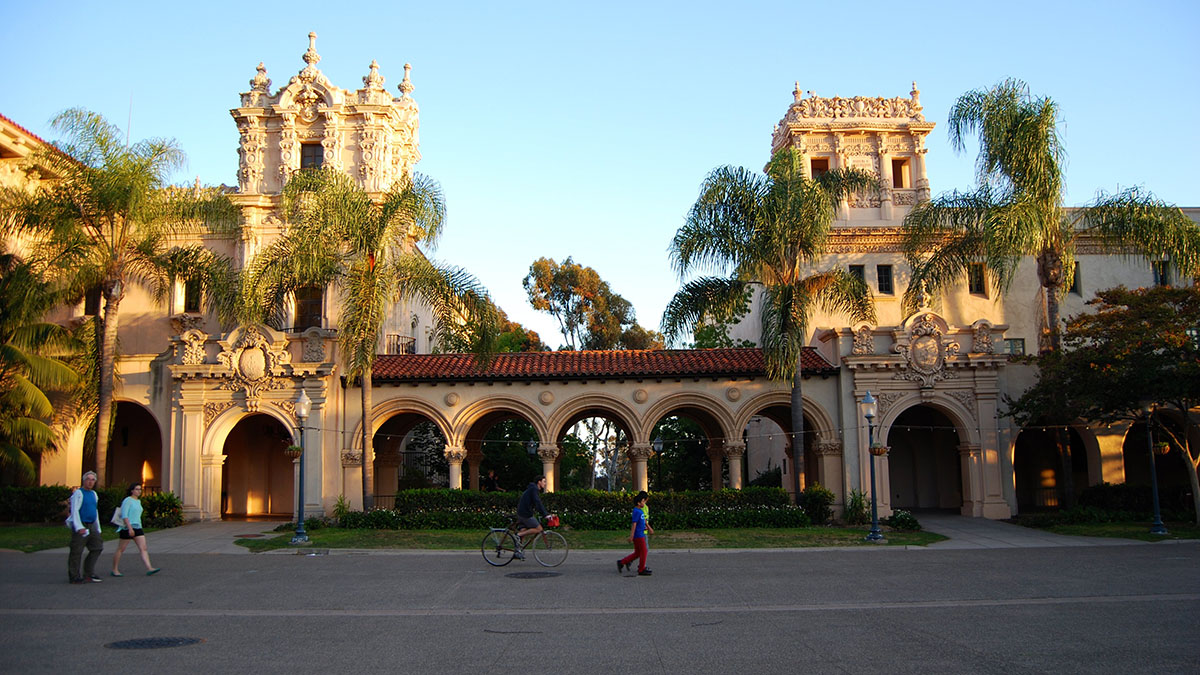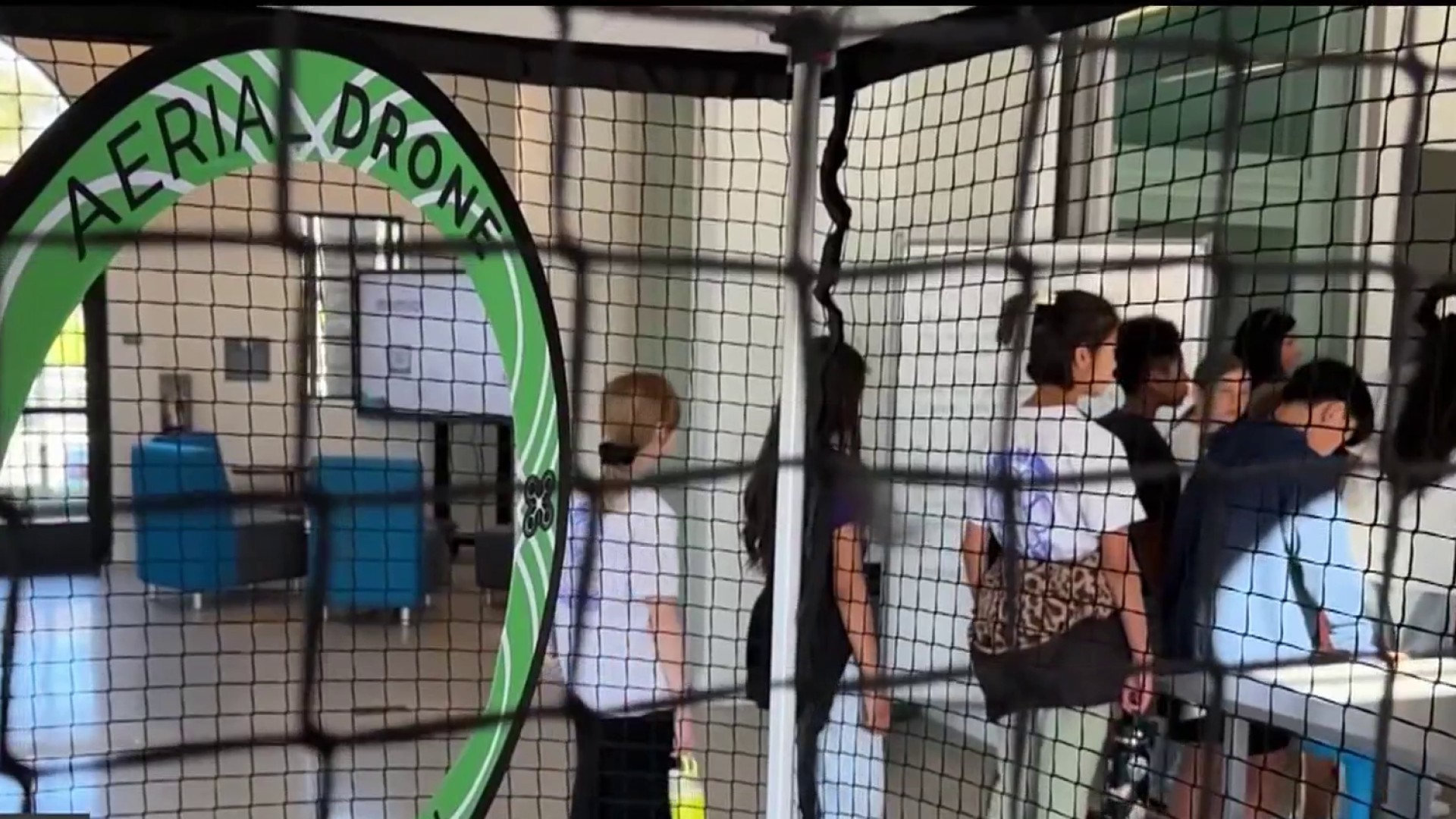New questions were raised Thursday by the victims of the 9/11 terrorist attacks, according to a civil lawsuit filed in March and an amended complaint made public last week.
Did a San Diego mosque unknowingly facilitate terrorism by funneling money to the Sept. 11 hijackers?
A new federal law allows families of terrorism victims to sue foreign governments, if they can prove the entity provided financial or material support to terrorists, according to the civil lawsuit.
Now, families of 9/11 victims are trying to prove a connection between the Saudi Arabia government and terrorists who spent time in San Diego, according to the civil lawsuit.
Two hijackers, who crashed into the Pentagon, lived in San Diego, according to the civil lawsuit.
They attended a mosque here, learned English and learned to fly airplanes, according to the civil lawsuit.
Sixteen years later, top law enforcement officials say more questions remain about who helped them settle in San Diego, and if those who helped Nawaf al-Hamzi and Khalid al-Midhar have ties to the Saudi Arabia government.
Local
"I don’t think it’s a stretch," said Sheriff Bill Gore in a 2016 interview on the same topic. "We all know that Bin Laden was a Saudi, and a lot of his financial support came from wealthy Saudi Arabian citizens."
Gore is now San Diego’s sheriff, but on Sept. 11, 2001, Gore was a special agent in charge of the San Diego FBI office.
He spoke with us a year and a half ago about 28 then-classified pages of a Congressional report on the attacks, which detailed the terrorists’ connections to San Diego.
"We never saw anything that directly tied in San Diego, the direction of the 9/11 terrorist plot to any member of the Saudi Arabia government, but it’s still a lot left ... There’s still a lot of unanswered questions," Gore said, during that July 2016 interview.
Now, an amended complaint filed by the victims and families of the terrorist attacks accuses the Saudi Arabia government of helping the hijackers by funneling money through the Islamic Center of San Diego, according to the civil lawsuit.
The complaint relies on new evidence revealed in a previously undisclosed 9/11 report, which says the FBI believed the Islamic Center of San Diego of knowingly helping the terrorists, according to the full 9/11 Commission report, which includes the now released 29-pages.
The 9/11 Commission report is included as an exhibit in the civil lawsuit complaint.
The amended complaint filed by the victims and families of the terrorist attacks accuses the Saudi Arabia government of helping the hijackers by funneling money through the Islamic Center of San Diego, according to the civil lawsuit.
The lawsuit does not accuse the Islamic Center of San Diego of knowingly helping the terrorists, but rather focuses on the government of Saudi Arabia’s role in "facilitating the September 11th attacks" by providing "substantial assistance to al Qaeda," some of which came through the Islamic Center of San Diego, the lawsuit alleges.
"From 1998 and including September 11, 2001, Saudi Arabia funded al Qaeda by sending substantial sums of money through the Islamic Center of San Diego, or through various organizations, individuals and/or private businesses, including but not limited to U.S.-based Somali charities and/or other businesses, to al Qaeda," the lawsuit states.
The lawsuit complaint describes Hazmi and Midhar, the two hijackers who spent time in San Diego, of posing as Saudi students and soliciting help from the Islamic Center of San Diego.
Investigative reports detail how the pair persuaded the administrator of the Islamic Center of San Diego to use his bank account to receive a $5,000 wire transfer from Al Abdul Aziz Ali, the nephew of Osama Bin Ladin, according to the civil lawsuit complaint, which includes investigative reports as exhibits to its claims.
Reached at the mosque Tuesday, the Iman of the Islamic Center of San Diego told NBC 7 the hijackers were not closely associated with the center, and accounts of money laundering were baseless accusations.
"Based on what community members tell me, they came here once or twice," said Imam Taha Hassane, who took over operations of the mosque in 2004. "They came here to pray, like anyone else."
Gore said the question may still be the focus of investigative work.
"I wouldn’t be surprised if there are still people who are in the FBI and around the country working investigations involved with the 9/11 attacks," Gore said in the July 2016 interview on a similar topic.
Gore said in 2016 it’s important to remember the entire Saudi community, particularly the San Diego Saudi community is not to blame; stressing that questions only remain about a few specific individuals.
He said questions about the role of the Saudi government must be held to a high level of scrutiny.
"Like I said, there’s a lot of very good Saudi’s here. But I think that Saudis funded some of the hijackers or funded al-Qaeda operations shouldn’t be a real secret to anyone," Gore said in 2016. "But to say that 9/11 was directed by the Saudi government is kinda a stretch."
That’s the stretch and the link Attorney Jim Kriendler hopes to make during the process of the civil lawsuit against Saudi Arabia – a process that has already taken more than a decade with no end in sight on how long it will take.
"It is impossible to say. The KSA (Kingdom of Saudi Arabia) will fight the case very hard. We anticipate its lawyers will challenge JASTA on Constitutional grounds and will seek to dismiss the case alleging that there is not sufficient evidence that it bears responsibility for the 9/11 attacks," a Q&A section on the attorney’s website states.
The Imam of the Islamic Center of San Diego told NBC 7 on Tuesday the two hijackers were not closely associated with the mosque.
He also said since he took over the center in 2004, they have never allowed individuals to use the bank account of the Islamic Center.



